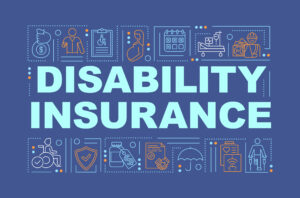The Social Security Administration (SSA) administers a program known as Social Security Disability Insurance (SSDI), which aims to provide monthly financial assistance to individuals who become incapacitated before reaching retirement age, rendering them unable to work. However, SSDI benefits are only available to those experiencing a severe, permanent, and total disability.
To be considered eligible for Social Security Disability Benefits, certain SSA standards must be met. In cases where your disability insurance application has been rejected, having a proficient attorney to advocate for you becomes crucial. This article provides a fundamental overview of SSDI. For more personalized assistance or if you require an attorney, don’t hesitate to contact PLBH at (800) 435-7542.
Understanding the Prevalent Causes of Social Security Disability
Under the federal Social Security legislation, the characterization of disability is rather precise. The SSA has outlined specific requirements to qualify for disability benefits:
- Your medical condition renders you incapable of performing any substantial work.
- This condition or conditions are expected to last at least one year or result in death.
In their assessment, the administration focuses on the applicant’s overall capacity for gainful employment. They use a set of rules and specified lists featuring certain disorders or diseases to determine the applicant’s eligibility for disability benefits.
The list encompasses a wide range of ailments, including musculoskeletal issues, growth impairments, visual impairments, speech issues, hearing and balance abnormalities, respiratory conditions, cardiovascular diseases, gastrointestinal disorders, kidney conditions, and blood or lymphatic disorders.
Medical Documentation for Social Security Injuries
Nonetheless, to establish that the severity of these injuries qualifies for disability benefits, the applicant must also provide comprehensive medical documentation.
Agencies may request some or all of the following information: your medical assistance number (if applicable), the names and contact information of physicians, therapists, or HMOs who have treated your conditions or injuries, or those anticipated to provide future medical care, a record of the emergency rooms, clinics, or hospitals you’ve visited, and a list of the medications you’ve taken and medical tests you’ve undergone.
If the provided evidence is either unobtainable or insufficient to make a decision, the agency may request a consultative examination.
We at PLBH invite you to reach out to us at (800) 435-7542 for a consultation if you have additional inquiries, if your SSDI application has been denied, or if you’re simply interested in discussing potential options with an attorney.

